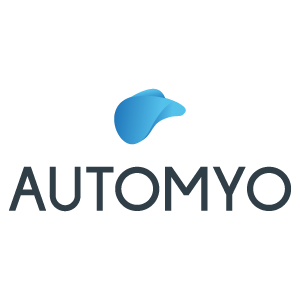
Increasing Productivity with Data Automation
When managers and entrepreneurs define business strategies, workflows, and any other kind of operations related to running a business, the first thought they have is productivity, regardless of their company size.
To be productive, companies require access to the resources they need at the right time.
When we refer to resources, we are including physical assets as well as intangible resources, for example, data, which in the digital, data-driven world we live in are more crucial than ever.
However, quite often it is not possible to obtain the right data at the right time, and this critical issue is in strong contrast to the growing demand for data availability.
In fact, more and more business functions need rapid access to data in order to meet their demands. These include Accounting and Finance, Logistics, Sales and Marketing functions.
Moreover, these data are very often distributed throughout the organization in different data repositories and formats.
Extracting, cleaning and preparing them for analysis can be time-consuming, reducing the team’s ability to respond to new business opportunities or quickly resolve urgent problems.
On average, 19 hours per week are spent on data processing.
Then again, 24.6 are the hours spent weekly by data scientists to gain access to data (19.1 hours, the time spent by data engineers)
How can data become accessible to people located in different business functions at the time of need?
Claudio backing up data automation
Data managers are struggling with the increasing data overload on a daily basis.
Although data automation is not a new notion, only recently is it possible to harness its potential to increase productivity.
All thanks to new No-code and Low-code technologies such as Claudio.
Claudio is automating the management and movement of data, using analytics and data governance tools that enable companies to get more information out of data with less effort.
This is the only way to simplify manual steps in data processing.
Through the use of artificial intelligence (AI), it is possible to identify patterns and insights in data that would be difficult or impossible for humans to find otherwise.
Thanks to No-Code and Low-code technology, automation is finally within reach, and it can save time and improve accuracy, becoming an essential tool for data scientists who often need to make the most of their limited time to extract value from data.
Automation saves up to 70 percent of the cost and processing time needed to run the business.
As a result of all these gains, these benefits translate into:
- greater attention to data quality,
- more time available to make insights or create new value,
- less stress
- more empowered teams willing to test new solutions.
Claudio is completely NO-CODE: it requires no technical skills and can be used not only by IT experts, but by anyone: starting from a previously created flow or designing a new flow in just a few clicks.

